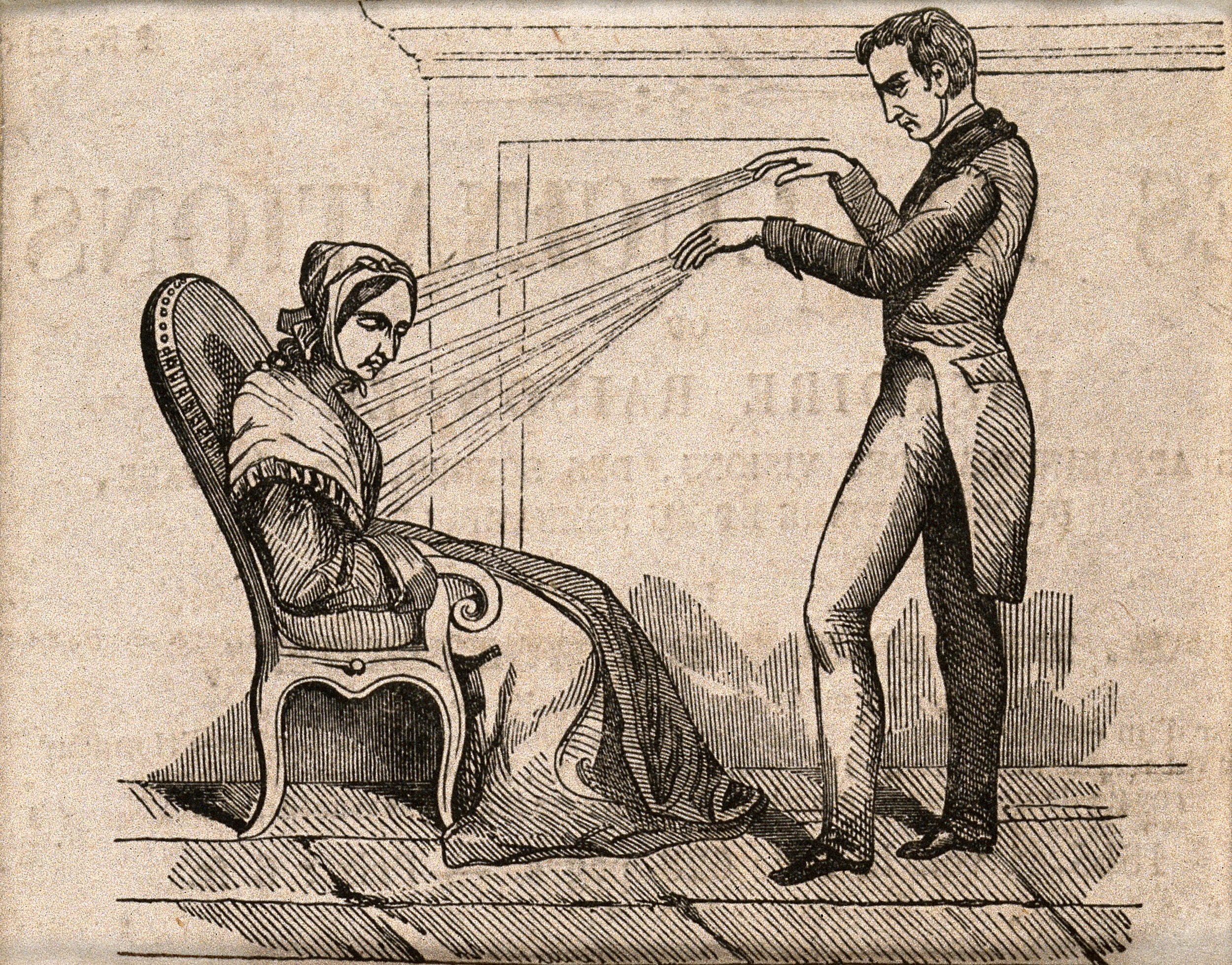Attention, Please
Welcome to Timeless & Timely. Every week, I share some stories from inspiring people from the past who can help us connect with the values that matter to us today. If you’re new here, please check our Archives and subscribe.
“Choice of attention—to pay attention to this and ignore that—is to the inner life what choice of action is to the outer. In both cases man is responsible for his choice and must accept the consequences.”
Early in my career as an executive at Ford, I was at a conference in Paris, and I remember meeting someone for the first time whom I had only known online.
Angela and I found a high-top table away from the noisy hallway crowd and chatted for a bit, catching up on all that had happened in the five years since we first connected online: new jobs, new cities, family life, observations on the industry, and the like.
She noticed something during this time — something that escaped me.
When we were done, she wound up the conversation with astonishment:
“Scott, I’ve been talking nonstop and during that time you put your phone away and gave me your undivided attention for ten minutes! Who does that?”
Her reaction still sticks with me, some 15 years later.
All I did was listen to her as she talked.
But it was the way I listened that stood out. I gave her my undivided attention — a seemingly insignificant gesture, but one that left a profound impact on her.
By making our conversation more important than anything else, it blew her away.
When we parted, I couldn’t help but feel a bit of melancholy: wistful that something as simple and common as attention, consideration, and kindness were now considered exceptional rather than the norm.
“Attention is the rarest and purest form of generosity.”
Mister Rogers operated on what was known as “Fred Time”: he was slow and attentive, and his assistants knew not to rush him along if he was spending time listening to someone’s story. He was calm, patient, and so focused that the conversation seemed to occur at an “otherworldly pace.”
He once told Charlie Rose of PBS “the white spaces between words are more important than the text.” He used silence as a tool, a way of listening to others that he called “graceful receiving.” (King, Maxwell. (2019). The Good Neighbor: The Life and Work of Fred Rogers)
Every day, every hour, we get to choose how we get to spend the seconds and minutes allotted to us. And what we spend our time on tells others what is important to us.
As busy people, we all have limited time.
As humans, we all have limited time on this planet, when we can make an impact with our work and more importantly, with the people we care about.
How will you spend your time?
Your attention is the ultimate gift.
There’s so much to learn,



